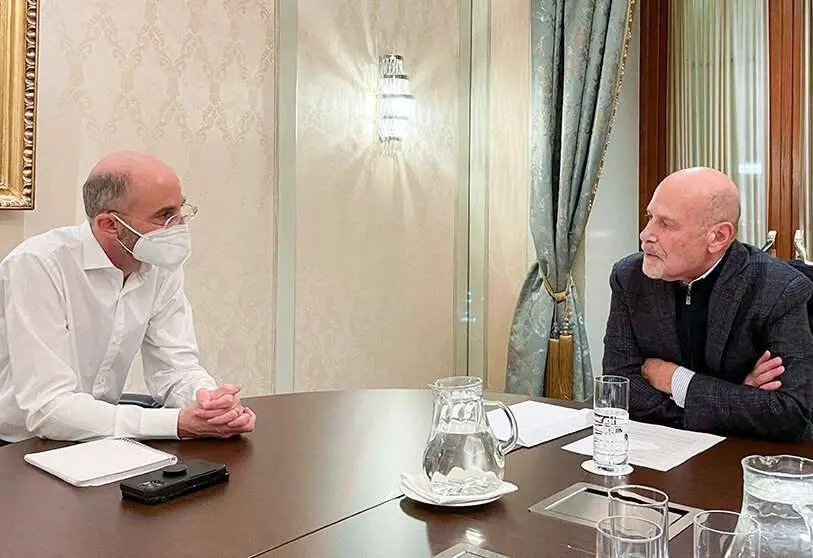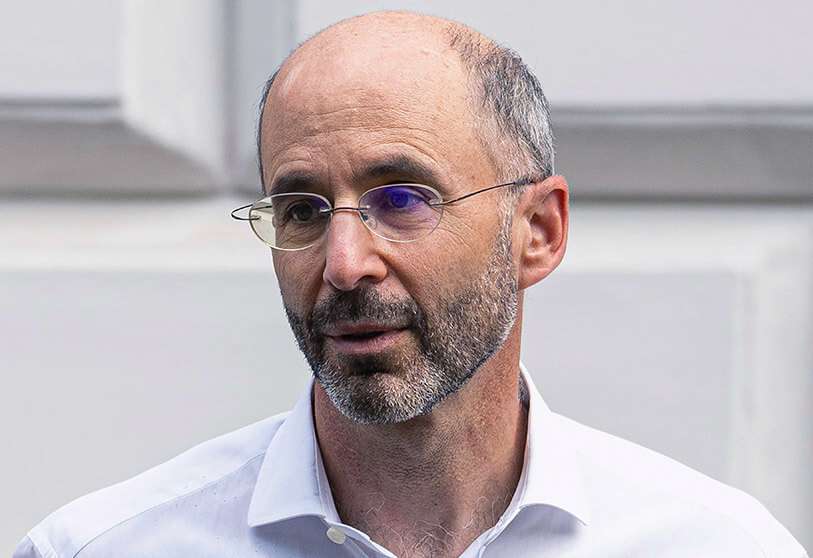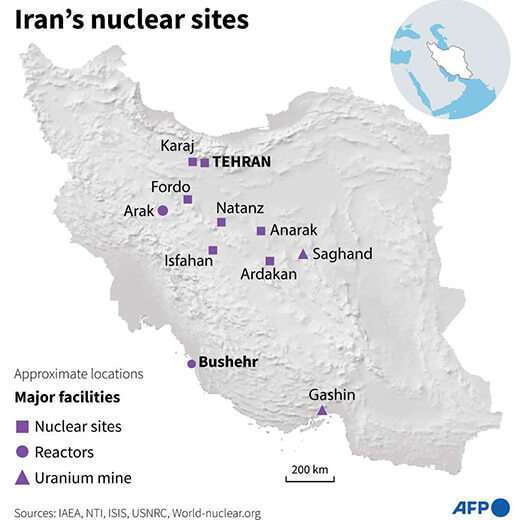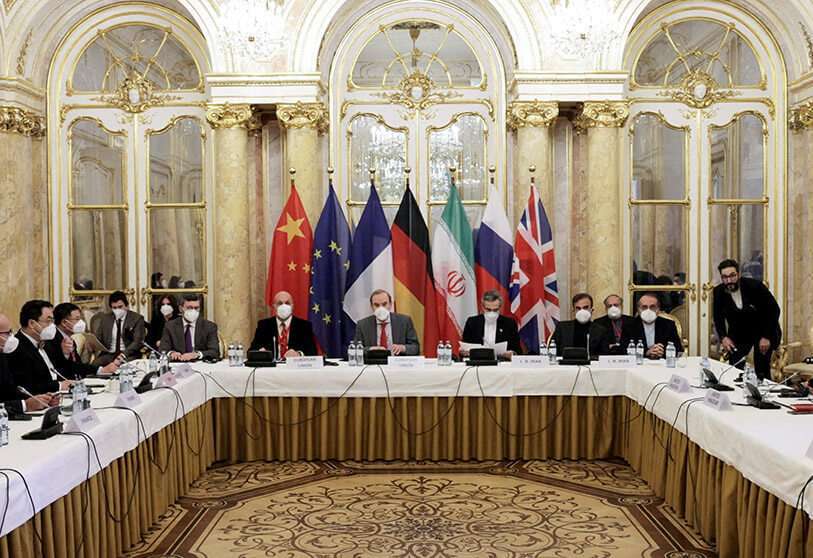US toughens conditions for Iran to return to nuclear deal

A native of Brooklyn, Barry Rosen first travelled to Iran in 1967 for a two-year stay as a Peace Corps volunteer. The Persian nation was then going through a period of apparent stability marked by the coronation of Shah Mohammad Reza Pahlavi. An emperor close to the West who sought to modernise the country, his reign only fuelled discontent and widened the inequality gap, angering the religious and creating a perfect breeding ground for the outbreak of revolution.
Rosen would return to Iran a decade later, this time as press attaché to the US Embassy. The country he considered his second home had changed and the days of buoyant decorations had clearly turned into an atrocious dictatorship. Constant rumours of an uprising against the Emperor presaged an imminent revolution. And when it broke out, Rosen found himself in the worst possible place: the American Embassy. The revolutionaries' pronounced anti-Americanism would turn against the building and its tenants.
Barry Rosen would be one of 52 people forcibly held by a large group of Iranian students for 444 days. The Embassy hijacking was to be one of the most important historical events of the second half of the 20th century, and Rosen himself would end up being one of the protagonists of the so-called hostage crisis. There he was subjected to constant threats, mock executions and torture. An experience that would bind him for life to the hostage cause.

Forty-one years after his release, Rosen has resurfaced to advocate for those in a similar situation to the one he himself experienced. Today, as head of Hostage US, a foundation that ensures that "American hostages, mistaken detainees and their families receive the support and guidance they need to survive the challenge of kidnapping", the diplomat has been influencing the nuclear negotiations in Vienna.
"I will begin a hunger strike to demand the release of all hostages held by Iran," he announced via Twitter. After five days without food and wandering the streets of the Austrian capital, the 77-year-old diplomat ended his hunger strike before achieving his goal: that the US make the release of four US citizens Washington claims are being held hostage in Iran a condition for reviving the JCPOA.
The US special envoy for Iran, Robert Malley, held a meeting with Rosen where he acknowledged his demands and urged him to abandon the hunger strike. In this sense, Malley acknowledged that the release of the foreign nationals held in Iran, despite being a parallel issue to the negotiations in Vienna, constitutes one of the backbones for the reactivation of the nuclear agreement.

Asked about the issue, the diplomat acknowledged that the two issues "are separate", but it would be complicated for Washington to resume the 2015 deal "while four innocent Americans are being held hostage by Iran". Malley acknowledged to Reuters that it is "unlikely" that the United States would reach an agreement with the Islamic Republic in this situation. A new condition that, until now, had been excluded from the negotiations.
So much so that the legal team of Iranian-American businessman Siamak Namazi, one of the detainees in Iran, revealed to Reuters that senior officials in the Biden Administration have reiterated to lawyers that the reactivation of the JCPOA and the release of the hostages are separate cases that must be negotiated on parallel tracks. This reveals a change of heart, aimed at exerting pressure on Tehran.
The Iranian Revolutionary Guard has arrested dozens of foreign and dual nationals, most of them accused of espionage. Among the hostages are Robert Levinson, a retired FBI agent arrested while working for the CIA in Iran; Jason Rezaian, an Iranian-born Washington Post journalist; Amir Hekmati, an Arizona-born former Marine; and Saeed Abedini, a Christian pastor. And to this list are added other British, French, German, Austrian and Swedish nationals.

Despite the low likelihood of a resumption of the agreement in the view of the chief US negotiator, Iranian Foreign Minister Saeed Khatibzadeh took a radically opposite view of the state of the negotiations in Vienna: "For the past month the process has been moving steadily and slowly and we are now closer than ever to reaching an agreement," said the head of the Persian diplomacy.
Khatibzadeh flatly rejected Washington's demands for the release of the US citizens, arguing that the prisoners have been tried by competent courts for having committed crimes. He hit back, expressing concern about the situation of Iranians on US soil: "Our citizens have been taken hostage in the US because of illegal sanctions".

Delegations have so far held eight rounds of negotiations. The accession to the presidency of Ebrahim Raisi, the former head of the Iranian judiciary and the regime's leading hardliner, brought the talks back to square one and derailed some preliminary agreements. However, fluidity has been the general tone in recent weeks and the rest of the members - Germany, France, the UK, China and Russia - see a resumption of the JCPOA in the near future.
Iran continues to refuse direct meetings with the US, and messages between the two delegations must be relayed through intermediaries. Asked whether Washington and Tehran would hold bilateral meetings, Robert Malley said he did not know, but that they would "welcome" the decision. This is a sign that, despite the balance of power shown in the hostage issue, negotiations are still ongoing.









